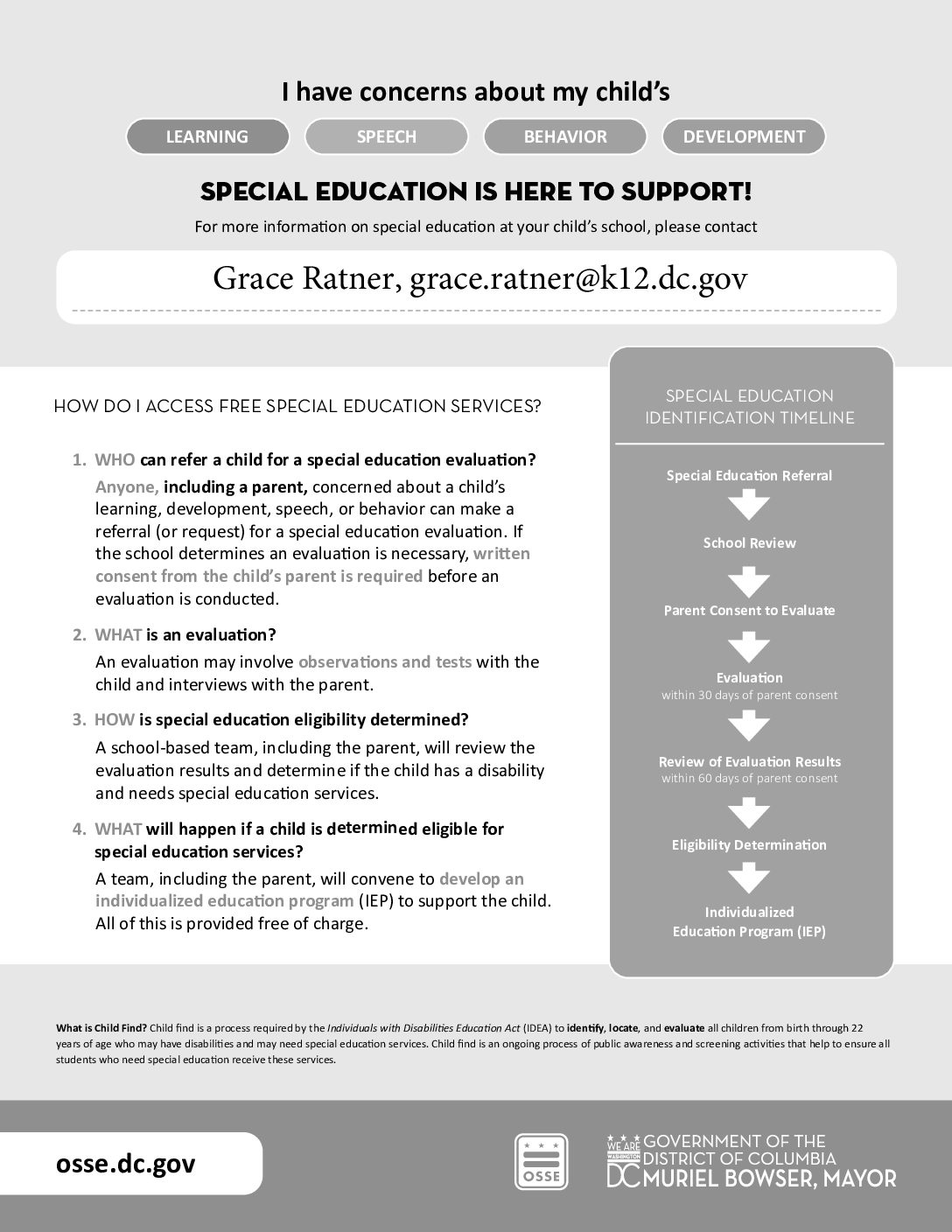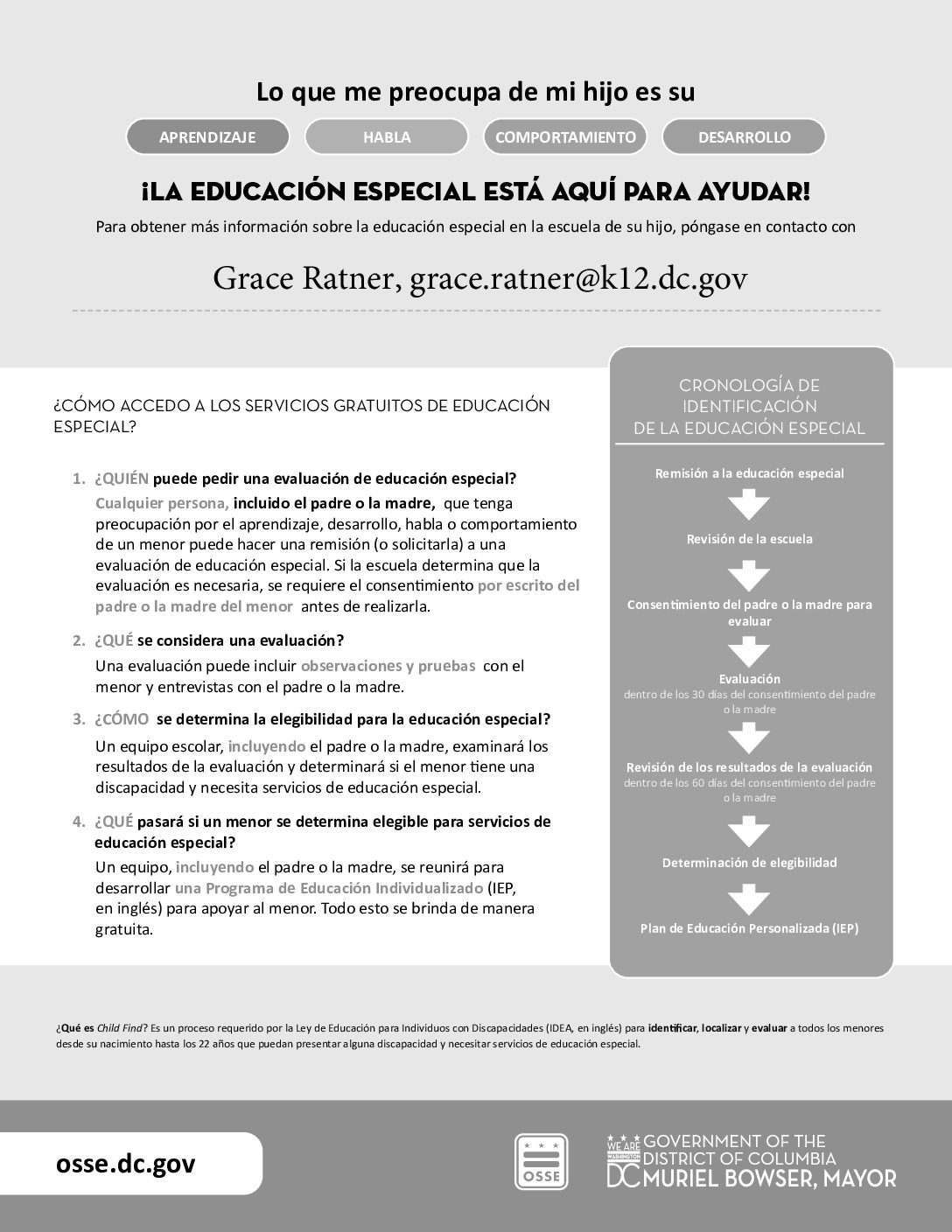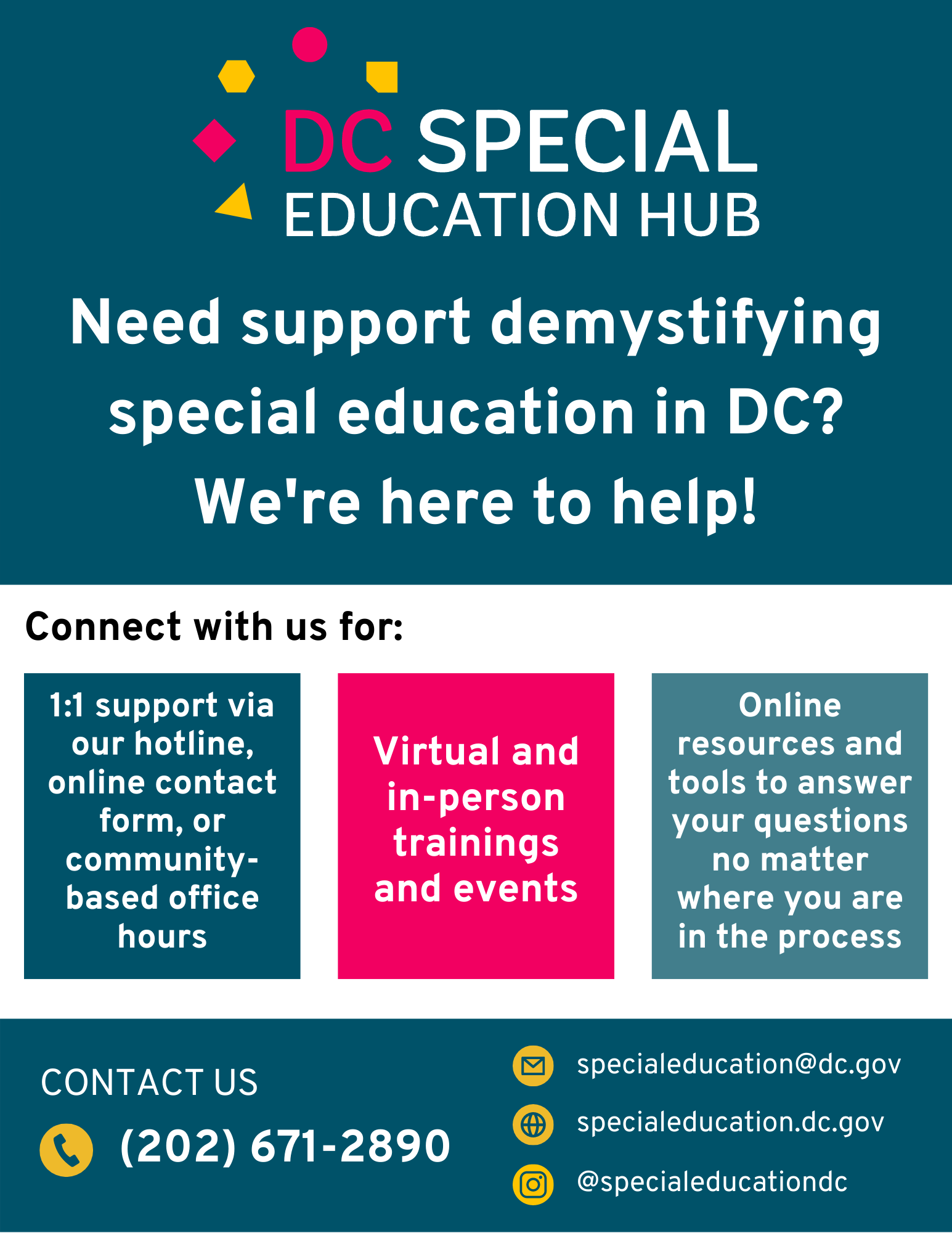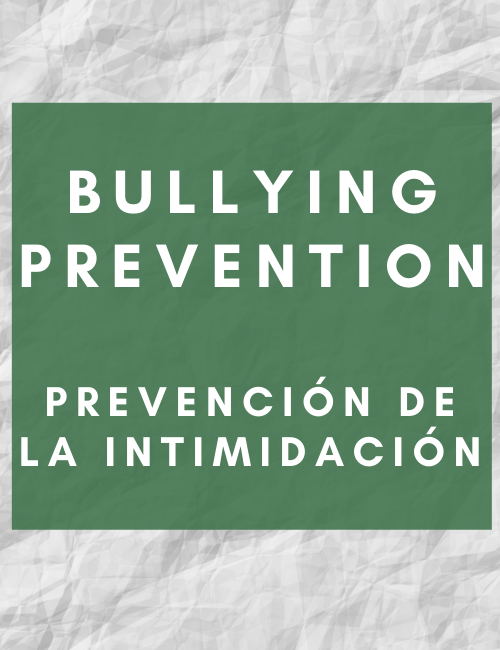Student Support Services
Ross’s Student Support Services
Special Education
Our Multi-Disciplinary Team (MDT) at Ross includes a school psychologist, social worker, special education inclusion teachers, speech-language pathologist and occupational therapist. The team has a weekly standing meeting.

IEP
Students with disabilities who meet eligibility criteria under the Individuals with Disabilities Education Act (IDEA) receive special education services as outlined by their Individualized Education Program (IEP). IEPs are developed by the IEP team, which includes parents, general education and special education staff and other members of the multi-disciplinary team.
Students with IEPs receive specialized instruction in order to support them in accessing and progressing in the general education curriculum. Students may receive their specialized instruction inside of the general education classroom (“push-in” services) or in one-on-one or small groups outside of the classroom (“pull-out” services). An IEP also identifies any related services a student requires, such as Speech Language Pathology, Occupational Therapy, or Behavioral Support Services.
For further information, contact




Speech and Language Support
Speech-Language Pathologists (SLP) in the schools work with students who exhibit moderate delays in their speech or language skills that negatively impact their access to or progress in the general education setting. SLP can target Receptive Language, Expressive Language, Pragmatic Language, and/or Articulation and Phonology during speech-language therapy sessions.
For further information, contact Erin.Pickar@k12.dc.gov.

Occupational Therapy (OT) Support
School Based Occupational Therapists (OTs) work with students who exhibit delays in their fine motor skills, visual motor skills, visual perceptual skills, self-regulation, and/or sensory processing that negatively impact their access to or progress in the general education setting. OT can target Visual Motor Skills, Visual Perceptual Skills, Fine Motor Skills, Sensory Processing, and/or Self-Regulation.
For further information, contact Laura.Cucinotta@k12.dc.gov.

Early Stages
Early Stages is an evaluation center that serves children ages 2 years 8 months through 5 years and 10 months. Families can make a referral to Early Stages if they have concerns about their child’s development. For more information on how to make a referral, visit earlystagesdc.org. If you have a student enrolled at Ross younger than 5 years 10 months and have concerns about your child’s progress, you can reach out to your child’s teacher, a member of the Multi-Disciplinary Team (contact information listed above), or Early Stages to make a referral. The Ross MDT works with families of enrolled students who are referred.
For further information, contact info@earlystagesdc.org or referral@earlystagesdc.org.

English Language Learner Support
The ELL Department provides support for all English Language Learners at Ross. Instruction is focused on achieving proficiency in listening, speaking, reading, and writing. ELL teachers work with students in grades K/1-5 through both push-in and pull-out models. In the push-in model, ELL teachers work with English learners in the student’s classroom space, allowing them to participate in classroom activities using scaffolded supports. In the pull-out model, English Learners leave their classroom space and receive personalized instruction in a small group setting tailored to their instructional level.
For further information, contact Bethany.Young@k12.dc.gov or Paul.Stewart@k12.dc.gov

504 Support
For further information, contact natalie.elmore@k12.dc.gov.

Mental Health
Social Workers, School Psychologists, School Counselors, and our community partners provide mental health and supportive services to students who need assistance for any reason, from overcoming academic challenges to handling life-altering events.
Some of our services include:
- Helping students understand their learning style
- Providing strategies and skills to help students improve their focus and concentration
- Linking students to practical resources to help families gain access to food, clothing, and transportation
- Providing therapeutic intervention to help students cope with stress and trauma
- Leading small-group sessions to support students with relationship building,
- Providing substance abuse prevention and intervention, and
- Completing comprehensive assessments to help school teams make data-informed decisions.
To learn more about our services, please see our Here For You Mental Health Guide.To help you get the necessary support, the DCPS School Mental Health Team has developed a universal referral process. This process allows you to access all mental health and counseling supports in your school by completing one form. There is a form for adults who are referring students for services and a different form for students who are requesting services for themselves.Fill out the appropriate form and share it with your School Behavior Health Coordinator. A school-based clinician will follow up with you within ten school days.
For further information, contact natalie.elmore@k12.dc.gov (Social Worker) or Ashlee.Adams@k12.dc.gov (School Psychologist).

Bullying Prevention
Each year students at Ross are provided with bullying prevention lessons in their classroom. Students are taught the definition of bullying, types of bullying, and what to do if they see bullying or are being bullied. We acknowledge Bullying Prevention Month each year by offering bullying awareness activities throughout the month of October.
For further information, contact ashlee.adams@k12.dc.gov or natalie.elmore@k12.dc.gov
